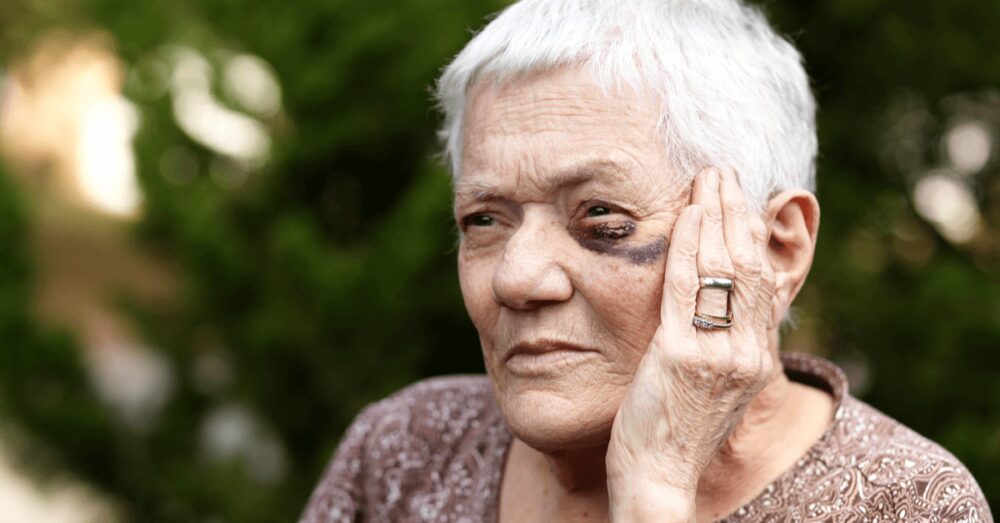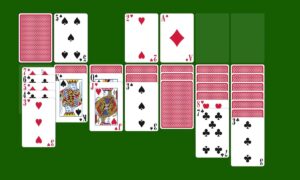Medication mistakes, such as inappropriate prescribing and errors during transitions of care, can have devastating consequences on elderly patients. It is a form of nursing home abuse that can lead to severe health problems, hospitalizations, and even death.
Healthcare providers need to take extra caution, particularly when treating the elderly, as they are at an increased risk for medication errors. Therefore, it is crucial that healthcare professionals remain vigilant in order to prevent such mistakes from occurring.
According to studies, elderly patients are more susceptible to medication errors due to several factors. For instance, the elderly often consume multiple medications, which increases the probability of a prescribing error.
Additionally, elderly patients may have difficulty following the instructions on medication bottles or removing child-proof caps. Cognitive and physical impairments can also contribute to the likelihood of medication mistakes.
Common Medication Errors in Elderly Patients

Source: agingcare.com
Here are some common medication errors that can occur in elderly patients.
Prescribing Errors
The biggest chunk of preventable adverse reactions in elderly patients occurs at the prescribing or monitoring stages. Prescribing errors range from the wrong choice of drug, incorrect dose, inadequate patient education, and prescribing a drug with a well-known interaction with another medication in the patient’s therapeutic regimen.
Compliance Errors
Elderly patients are more likely to make accidental errors in drug compliance, which can result in unintended consequences. This could happen due to oversights on the part of doctors or pharmacists that may result in medicines being prescribed with strict instructions, such as taking them at specific times or with food, which elderly patients may subsequently forget. Moreover, elderly individuals can also develop cognitive impairments, which can make it difficult for them to remember the names of their medications or when they are supposed to take them.
Dispensing Errors
Dispensing errors can also occur when medication is not appropriately labeled, or the wrong dose is administered by caregivers. In light of these risks, it is critical that healthcare providers carefully assess and monitor elderly patients’ medication use.
If your loved one is a resident in a nursing home, it is also important to be aware of the potential for medication errors.
Administration Errors
These occur when medication is not administered correctly to elderly patients. This can include mistakes in route of administration or timing. Common examples include incorrect injection techniques and mixing up medications during administration. Such errors can be attributed to factors such as poor communication, lack of training, or rushed caregiving environments. Administration errors can have serious consequences, ranging from ineffective treatment to adverse drug reactions.
Medication Interaction Errors

Source: aidsmap.com
Such mishapes involve the improper combination of drugs, leading to potentially harmful effects in elderly patients. Elderly individuals often take multiple medications to manage various health conditions, making them more vulnerable to drug interactions. These errors can occur when healthcare providers overlook potential interactions between prescribed medications, resulting in adverse reactions or reduced efficacy of the treatment. Common examples include the combination of drugs with similar mechanisms of action, medications that interact with specific foods or supplements, or drugs that affect the metabolism of other medications.
In addition to these common causes, medication interaction errors in elderly patients can also arise from a lack of comprehensive medication reviews. As patients visit different specialists, they may receive prescriptions without a complete evaluation of their existing medication regimen. This fragmented approach to healthcare increases the risk of interactions. For instance, a cardiologist might prescribe a drug unaware that it negatively interacts with a medication prescribed by the patient’s general practitioner. Furthermore, elderly patients may not always accurately report their medication usage, either due to memory issues or a lack of understanding of the importance of sharing this information.
To mitigate these risks, it’s crucial for healthcare providers to maintain thorough, up-to-date medication lists and encourage open communication about all prescriptions, over-the-counter drugs, and supplements being taken as a means of protections for abuse. Regular medication reviews, ideally involving a pharmacist, can help identify potential drug interactions. Additionally, patient education about the importance of disclosing all medications to each healthcare provider is essential. These steps, combined with the use of integrated electronic health records that flag potential interactions, can significantly reduce the occurrence of harmful medication interaction errors in elderly patients.
Dose Calculation Errors
Lastly, dose calculating mistakes happen when the prescribed dosage of medication for elderly patients is incorrectly determined or calculated. This can result in underdosing, where the therapeutic benefits are not achieved, or overdosing, leading to increased risks of side effects or toxicity. Elderly patients often have altered pharmacokinetics and may require adjustments in drug dosage based on factors such as renal function, liver function, or body composition. However, healthcare providers may inadvertently overlook these considerations or miscalculate the appropriate dosage. Accurate dosage calculation is crucial to ensure patient safety and maximize the effectiveness of treatment.
Resources for Addressing Nursing Home Abuse

Source: womenshealth.gov
If you suspect nursing home abuse, it is essential to take action immediately. nursinghomelawcenter.org is a great resource for those who suspect abuse in nursing homes.
The ombudsman team can be a valuable resource for families of nursing home residents who have been subjected to abuse or neglect, offering guidance on laws and resources while also providing support and advice. Additionally, if you suspect that your loved one has suffered medication errors at a nursing facility, reaching out to the ombudsman team may serve as an effective initial course of action.
Legal Rights of Victims of Nursing Home Abuse

Source: nursinghomeabusecenter.com
It is also essential to understand the legal rights of victims of nursing home abuse.
Families of nursing home residents who have been abused or suffered medication errors should take steps to ensure that the responsible party is held accountable for their actions. In addition, families can also seek legal assistance to help navigate the complex legal system and get justice for their loved ones.
Research has shown that medication errors are common among elderly patients, especially those residing in nursing homes. This is often due to oversights on the part of healthcare providers, as well as functional and cognitive limitations experienced by elderly patients.
A personal injury attorney who specializes in nursing home abuse cases can help to pursue legal action against negligent parties. They can also provide guidance on how to gather evidence and build a strong case. Medication errors are a serious concern for elderly patients, particularly those living in nursing homes. Getting the right information and resources is crucial to identifying potential errors and preventing harm to loved ones in these facilities.
Conclusion
Nursing home abuse is a serious problem in the United States, with reports indicating high rates of abuse and neglect experienced by elderly residents.
Addressing this issue requires immediate action and utilizing resources.
It is also important to understand the legal rights of nursing home residents who have suffered abuse or neglect. Families can seek legal assistance to hold responsible parties accountable and get justice for their loved ones.
If you suspect that your loved one has suffered medication errors at a nursing facility, it is crucial to take action and get the right information and resources. By taking appropriate steps and seeking the help of professionals, families can protect their loved ones from potential harm.


















